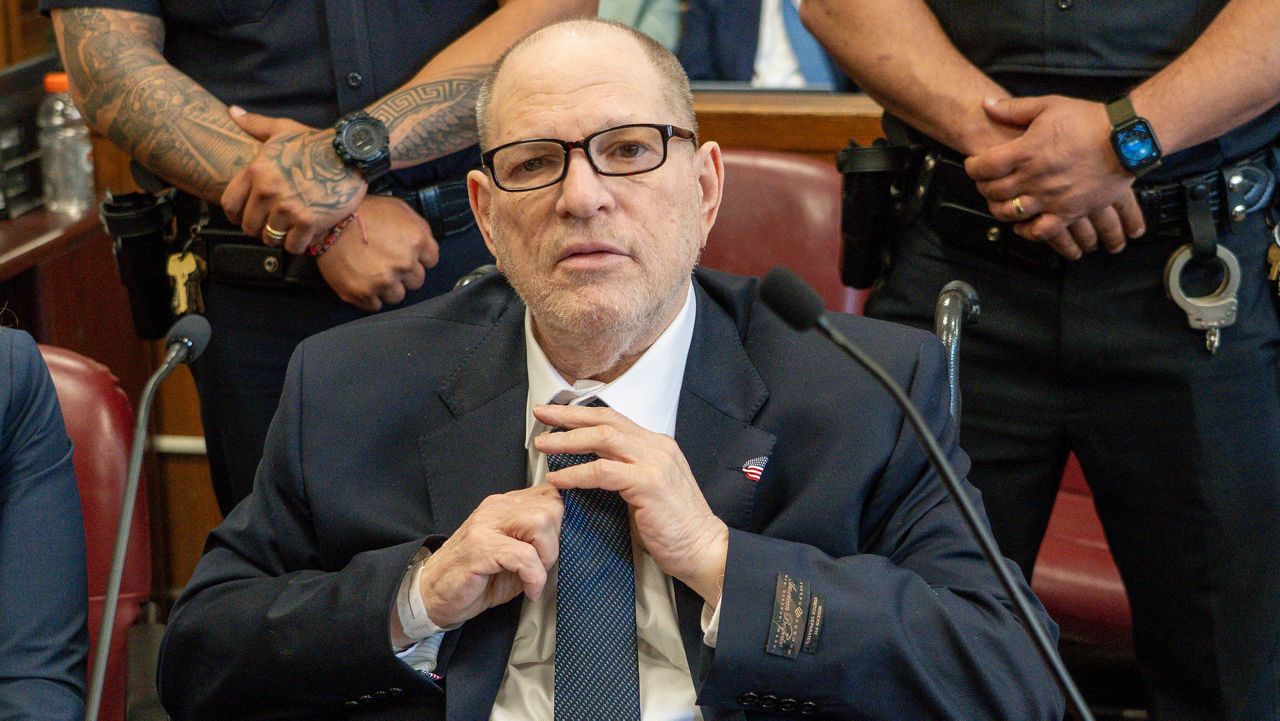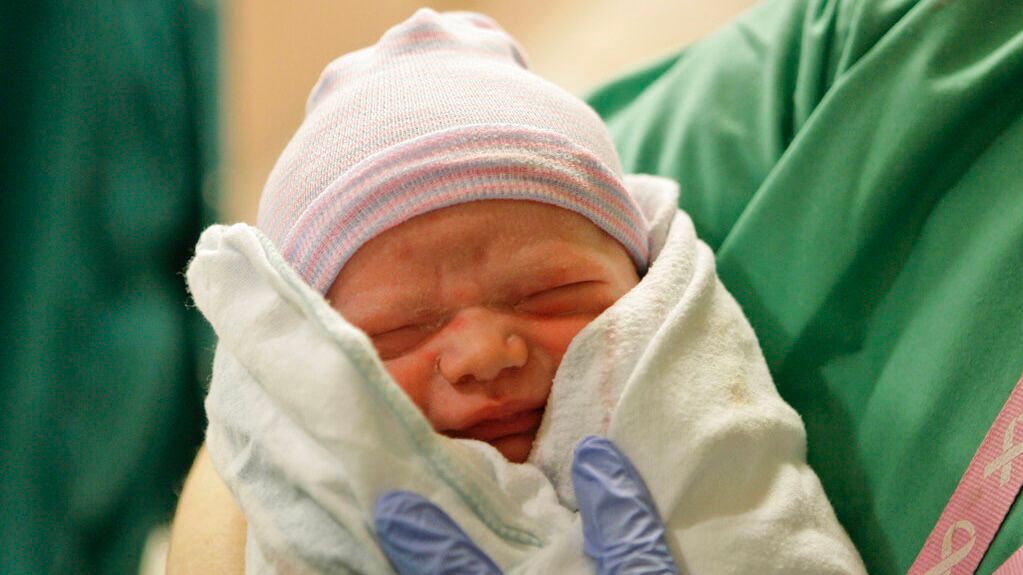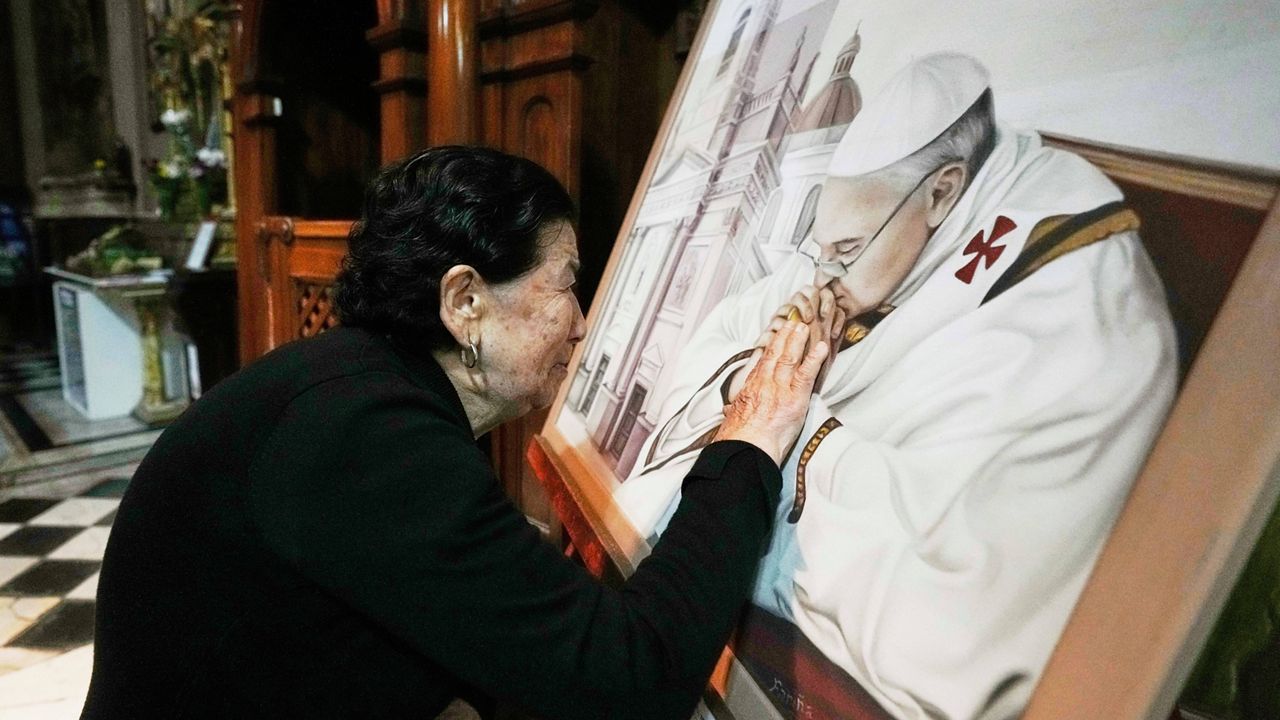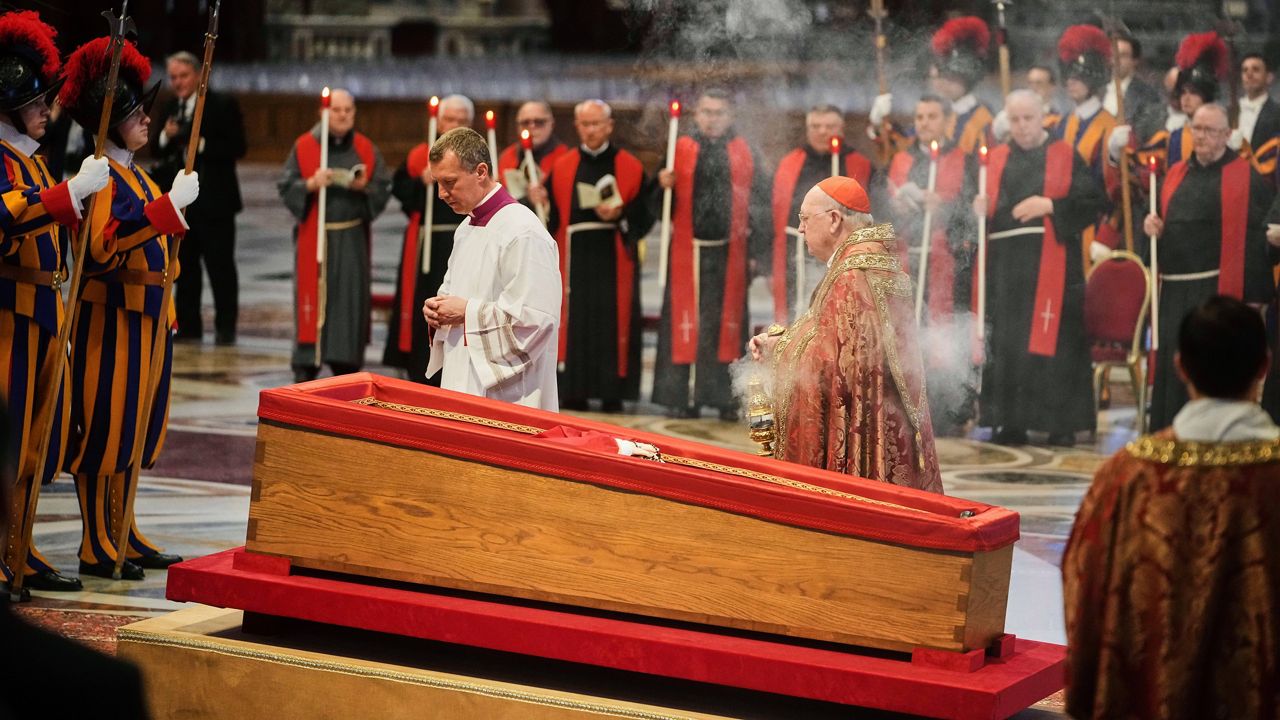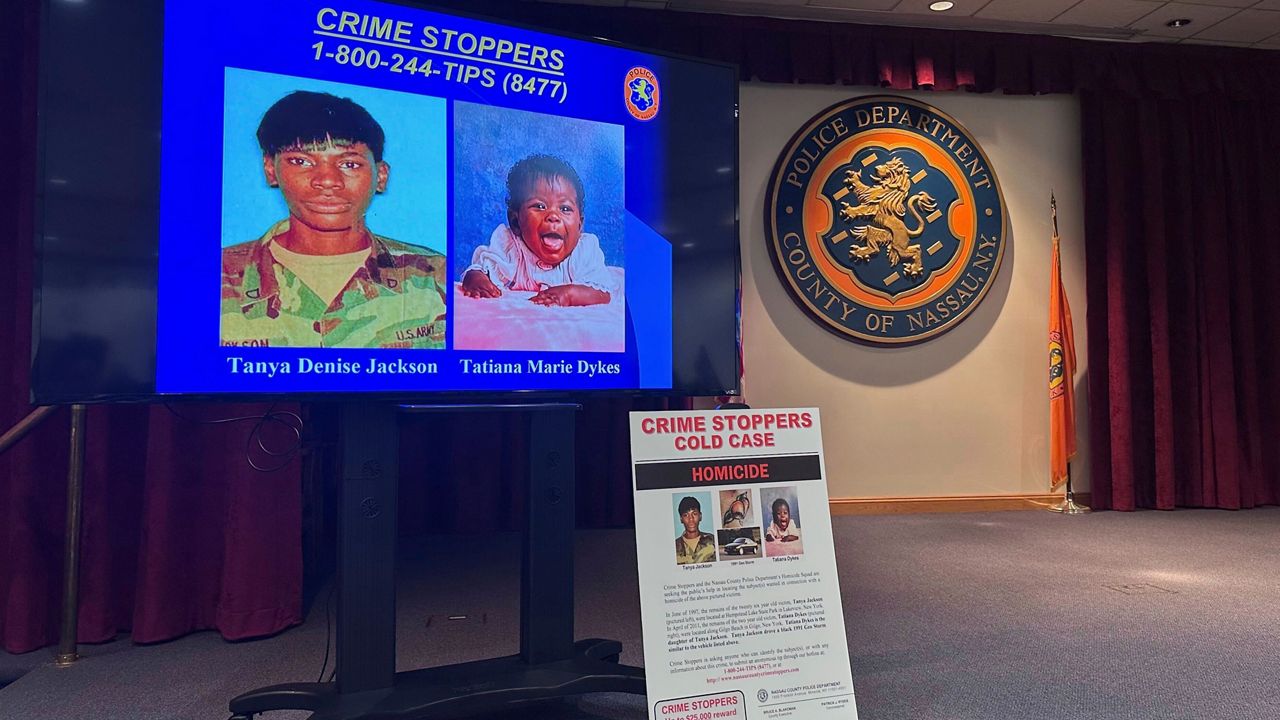LOS ANGELES — The Los Angeles City Council has voted to preserve single-family home neighborhoods, deciding against proposals to open them up for denser housing development.
The decision comes amid a critical housing crisis, with the city under pressure to build nearly half a million new homes by 2030. Critics argue this move could stall progress, while supporters say it protects neighborhood character.
For longtime homeowner and LA resident, Cory Birkett, the city’s decision comes as a relief. She said some of these residential pockets aren’t built to handle more housing.
“Just in terms of the parking and the traffic and the impacts... the environmental impacts,” she said.
But Birkett — who has lived in this city for more than two decades —said that doesn’t mean she’s anti-development.
“I’m for adding affordable housing but in the appropriate areas where we can actually build a meaningful number of units and add density in a more responsible way,” said Birkett.
Los Angeles needs more than 456,000 new homes by the year 2030 to meet existing demand, and about 40% of them must be affordable housing.
In the three years since this housing cycle started, city officials said they’ve only built 15% of this new housing stock so far.
According to a study from UCLA, the recently city-approved plan will increase LA’s housing stock by 30%. But they say “exempting single-family parcels from zoning reform raises questions about the city’s ability to meet its housing production goals... as required by state law.”
Scott Epstein — who directs public policy for the housing advocacy group, Abundant Housing LA — contributed his research to the study.
“If you wall off nearly three quarters of residential property, how are you going to do it?” said Epstein.
Councilmember Nithya Raman urged her colleagues to change course — and undo decades of underdevelopment that she says caused the city’s housing crisis — but her 11th hour amendment to open up single-family neighborhoods to more housing, didn’t pass.
“This was a moment for the city to really lead... not just pass muster on paper, but actually solve the problem,” she said.
She also warned against the potential of displacing low-income tenants, if the city only develops in areas that have existing apartments.
“Which means that if we’re wildly successful and a lot of the housing is actually built... much of it will be built by knocking down existing housing displacing existing tenants,” she added.
However, Council member Hugo Soto Martinez argued more outreach to homeowners is needed before such a dramatic change.
“Do people feel like they have been heard, and unfortunately I can say the answer to that is that they haven’t,” he said.
Birkett agrees, saying homeowners should have more input on zoning changes that could reshape their communities.
“If we’re really going to talk about upzoning or rezoning single family areas, we definitely need to have a citywide discussion and make sure that stakeholders’ voices are heard,” said Birkett.
The City Council said it plans to revisit the issue next year with more community input.








